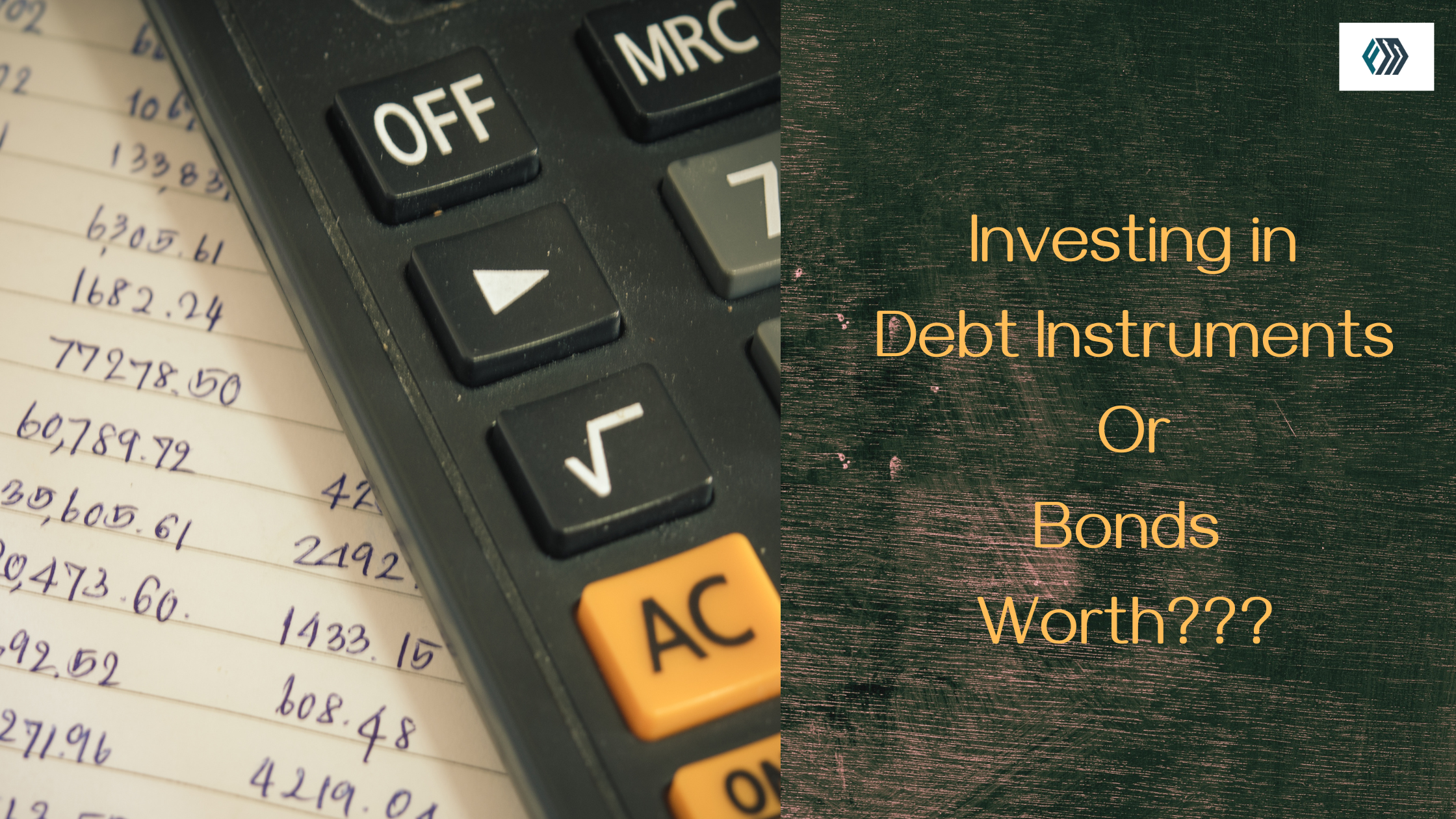Investing in Bonds – Worth it? How Do I Determine It’s Good For Me?
Fund-Matters | February 16, 2023 | Bonds, Debt Mutual Funds, Income, Investment Strategy, Investments, Investor, | 0 Comments

Bonds
Bonds are the fixed-income debt instrument that amounts to a loan from an investor to a company or government. A bond document includes details about terms, interest rates and payment schedule.
Companies or governments issue bonds when they want to raise money, finance new projects or maintain operations, where each bond comes with the maturity date and terms for interest payments. The interest payment is referred to as the coupon. The coupon rate usually goes higher along with the length of lending period.
When the bond is trading for less than the face value, then it is said to be selling at discount and when the bond is trading for the price above face value then it is said to be trading at a premium. The price is generally set at par value when bonds are issued and as time passes, the fair value of the bonds will change. One must know that there is an inverse relationship between interest rates and bond prices i.e, when the interest rates increase, bond prices will decline and when the interest rates decrease, bond prices will rise. Bonds may include government securities, treasury bills and corporate bonds, among others.
Is Bond Investment worth?
Investing in bonds is a prudent way to diversify your fixed-income portfolio. The interest received from bonds can supplement your primary income. If you have a low-risk tolerance, which means you don’t want to take too much risk on your investments, bonds can be a good choice for you. The income from bonds is easily predictable, and it also preserves your capital. As bonds are fixed-income products, they carry lower risk than equities and give your portfolio a good balance.
How do I determine that bond investment is good for me?
Bond investment provides an income stream that is easily predictable and, in many cases, bonds pay the interest twice in a year. If the bondholder holds the bond till the day of maturity, the investor gets the entire principal amount and hence, these are considered as an ideal way to preserve one ‘s capital. Bonds are known for their security and safety and many investors make sure to have bonds in their portfolio.
Some investment in bonds is necessary for all people in order to balance the risk profile of their portfolios. If you are nearing retirement or have a low appetite for risk taking, you should allocate a higher proportion of your portfolio to bonds, preferably for government securities (also known as “Gilts”). You should invest in longer tenure bonds, so that you can get a higher rate of interest.
At a younger age, one can invest more in risky investments like equities or equity mutual funds, which may offer better returns than bonds. But as one becomes older, they should gradually shift their investments from equities and equity funds to safer investment avenues like bonds and debt, where there is no worry of capital erosion and also offer guaranteed/ fixed rate of return.
You need to consider certain essential things while investing in bonds. Note that the interest received from bonds is fully taxable, and if you fall in the high tax bracket, your tax outgo may increase.
Also, while buying bonds, you must ensure that the securities are of high quality (AAA rated). Else, you might find it difficult to sell in the secondary market. In other words, liquidity can be an issue for securities with low grades.



